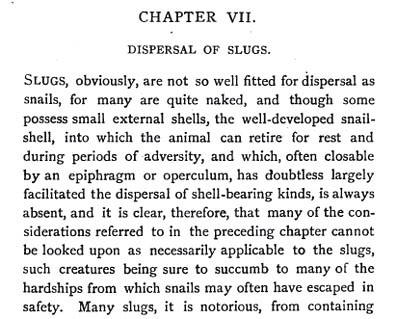
Excellent writing is concise. Use as few words as possible to convey the meaning of the sentence. Instead of me blathering on about how to spot extra words, I'll show you in examples.
I ate the apple first and then the banana.
I ate the apple, then the banana.
Why is the second sentence better? Because it causes less strain on a fast reader's eyes. A reader whizzing through your story doesn't want to stumble over "first and then" because the word "then" implies "after".
My notebook was filled with all the possibilities of what I could do with my life.
My notebook was filled with possibilities of what I could become.
What does "all the" do for the sentence? Not much. Delete. Sometimes cutting the fat from sentences means analyzing each word, deciding if it needs to be there, and if the sentence is still coherent without it. If the thought portrayed is unchanged, don't hesistate to chop.
The next part is a bit tougher, in my opinion. Changing a longer phrase into a shorter one. When I proofread my stuff, I look for a clump of small words in succession. In this instance, it was "do with my life". A gaggle of little words clog up a sentence.
Now you have to find the one word that fits your meaning. The English language has a massive amount of words. Deciding on the best one is tricky. The sentence would've made sense if we replaced "do with my life" with "have", "achieve", "try", "strive toward". It's the author's discretion which word to choose. I usually consult with my best friend the thesaurus before making a decision.
Other tips on turning a long phrase into a short one:
Keep an eye on the empty adverbs too.
In fact, the dry cleaning did arrive late, just as she predicted.
The dry cleaning arrived late, as Janet predicted.
You might be tempted to write The dry cleaning arrived late, as Janet predicted it would be. Does "it would be" add anything to the sentence? Does it affect the meaning if we cut it?
Watch for direction words.
We went down to the creek.
We went to the creek.
I looked over at my spouse.
I looked at my spouse.
As with anything, there are exceptions to the rule. Long, wordy sentences do have a place in writing. For example, dialogue. A character might like to say "hopefully" or "unfortunately". They could be from a part of the country (the South), where extra words are commonplace (y'all). You could also have a character that never uses a pronoun, or refers to himself in the third person. Dialogue usually breaks writing and grammar rules.
Another thing to consider is the POV of the narrator. How would the protagonist tell the story? A teenage girl might use words like "total" or "barely". If those creep into a sentence, think before you cut it. We don't want to strip the sentence of personality, but we do want to make it easier to read.
Matt and I came up with a plan for total domination at laser tag.
Matt and I devised a plan for total laser tag domination.
"Came up with a" is a bunch of little words clumped together. Laser tag isn't the focus - domination is. That should be the last word of the sentence, as it will resonate in the reader's mind. So restructure the sentence, and you can get rid of "at".
It doesn't sound like much, but it makes a big difference on how easy it is to read your story. Easy reading = easy page turning = reader likes it. You also save on word count which makes editors happy. Well, until you make the story one page longer because of all the space you saved.















2 comments:
Great points, Laura! The clip at the top reminded me of an ongoing segment in my town paper. Every week they publish old stories from 100 years ago. A whole lot of excess words--which is even more out of place in modern journalism!
There's another reason to sometimes "drone on" in fiction, and that's for pacing. Sometimes you can use long sentences and extra words or detail to draw out the suspense of a tense moment. "Wait for iiittt!" What would be unbearably dull in another portion of text can be quite effective when used as a specific plot device. :)
--Lisa
http://authorlisalogan.blogspot.com
Great points all around...sometimes, short and sweet is the best way to move your story forward, too. Again, it's all about pacing.I'm a lover of single word sentences...No! Don't! Of course, you don't always have to use exclamation points to make it exciting or exclamatory. "Don't," she snapped--still stresses the anger or exclamation without being so obvious and you get to leave off the hated exclamation point...Pacing,tone and the use of unnecessary words...Oh my!...Tabs
Post a Comment